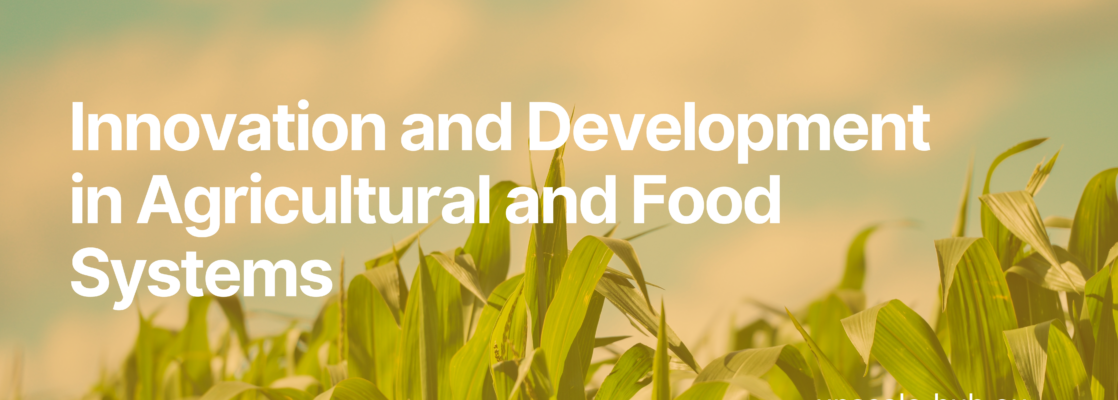In the evolving agricultural landscape, innovation is essential for enhancing food systems and improving livelihoods, particularly for farmers in Africa. With UPSCALE, the consortium works hard on promoting sustainable agricultural practices and technological advancements, equipping farmers with the tools necessary to adapt to emerging challenges such as climate change, population growth, and resource scarcity.
Innovations in Practice
Agricultural innovations in rural areas aim to raise the productivity and efficiency of farm households. With a wide spectrum of technological change including biotechnology, precision farming, and information technology, innovations define the current agricultural transformation. For example, genetically modified organisms (GMOs) offer protection against pests and diseases, and precision agriculture pinpoints position and quality information for core business decisions. Also, agroecological practices enhance productivity through the utilization of mechanisms and processes that are closely related to natural ones, in an effort to make sustainable practices. Crop rotation, intercropping and organic farming techniques ensure high yields while at the same time protecting the biodiversity as well as the soil.
Last but not least, social innovations create new forms of doing things, new products, and new models of distribution, for instance – shorter food chains.
The Role of Youth in Agricultural Innovation
Engaging young people in agriculture is not just valuable; it is essential for the future of the agricultural sector. Youth involvement in farming brings innovation, vibrant creativity, and fresh ideas that can upscale agricultural practices. Imagine a society that empowers the next generation of farmers through supportive teachers and educational methods. These efforts nurture an entrepreneurial spirit, enabling young farmers to introduce novel forms of value that are not only productive but also create employment opportunities for others in the agricultural community.
Two key areas stand out in youth-led agricultural work: sustainability—addressing global environmental challenges—and food security. Young farmers combine modern technology with traditional practices, naturally establishing sustainable agricultural systems in response to climate change and resource constraints. They enter farming as blank slates, ready to be moulded; this means that, while technology may be replicated, their innovative ideas can revive traditional methods, all while supporting environmental sustainability.
To maximize agricultural innovation, a supportive environment and collaboration are crucial. Special programs focused on the development of young farmers equip them to perform better in their roles – targeted workshops, coaching, and hands-on activities enable them to learn innovative approaches and apply them with confidence. Strengthening connections among farmers, researchers, and relevant organizations creates a network that can provide powerful social learning and problem-solving spaces within the community. Afterwards, ensuring that farmers have timely access to essential resources—whether capital, technology, or infrastructure—is vital for innovation development.
Innovation is not just a buzzword in agriculture; it is a necessary component for ensuring food security and promoting sustainable development. By embracing new technologies, such as push-pull technology, agroecological practices, and social innovations, farmers in Africa can enhance their productivity and resilience. The UPSCALE project plays a vital role in this transformation, ensuring that farmers are equipped to tackle the challenges ahead.
To learn more about developments in agriculture, visit the following page by clicking here.


